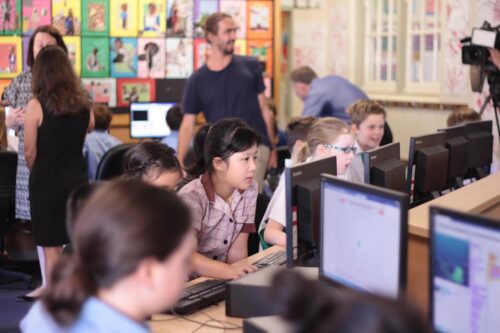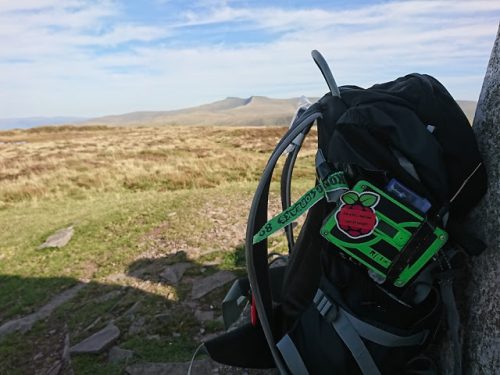Schlagwort: Wales
-

Code Club in Wales with translations, teacher training and a country-wide codealong
Reading Time: 4 minutesSince the inception of Code Club in 2012, teachers in Wales have been part of the Code Club community, running extracurricular Code Club sessions for learners in their schools. As of late 2021, there are 84 active clubs in Wales. With our new Code Club Community Coordinator for Wales, Sarah Eve Roberts,…
-

Tracking the Brecon Beacons ultramarathon with a Raspberry Pi Zero
Reading Time: 3 minutesOn my holidays this year I enjoyed a walk in the Brecon Beacons. We set out nice and early, walked 22km through some of the best scenery in Britain, got a cup of tea from the snack van on the A470, and caught our bus home. “I enjoyed that walk,” I thought,…

